Research
The CCS provides academic research and services to benefit communities, completes large-scale research projects, provides research and educational opportunities for graduate students, and convenes leaders in the field for dialogue on global practices concerning sustainable development and construction.
Below you will find both completed and in-progress Research Projects, including Historic Structure Reports, Staff or student drawings, digital models, graphs, and other types of analysis. Embedded within the Headlines of each project, you will be directed to the report, results, or final documentation of each project. In addition, further information will be included in the Description including a summary of the projects, added resources, and links to the communities, sponsors, institutions, and others involved within the projects.
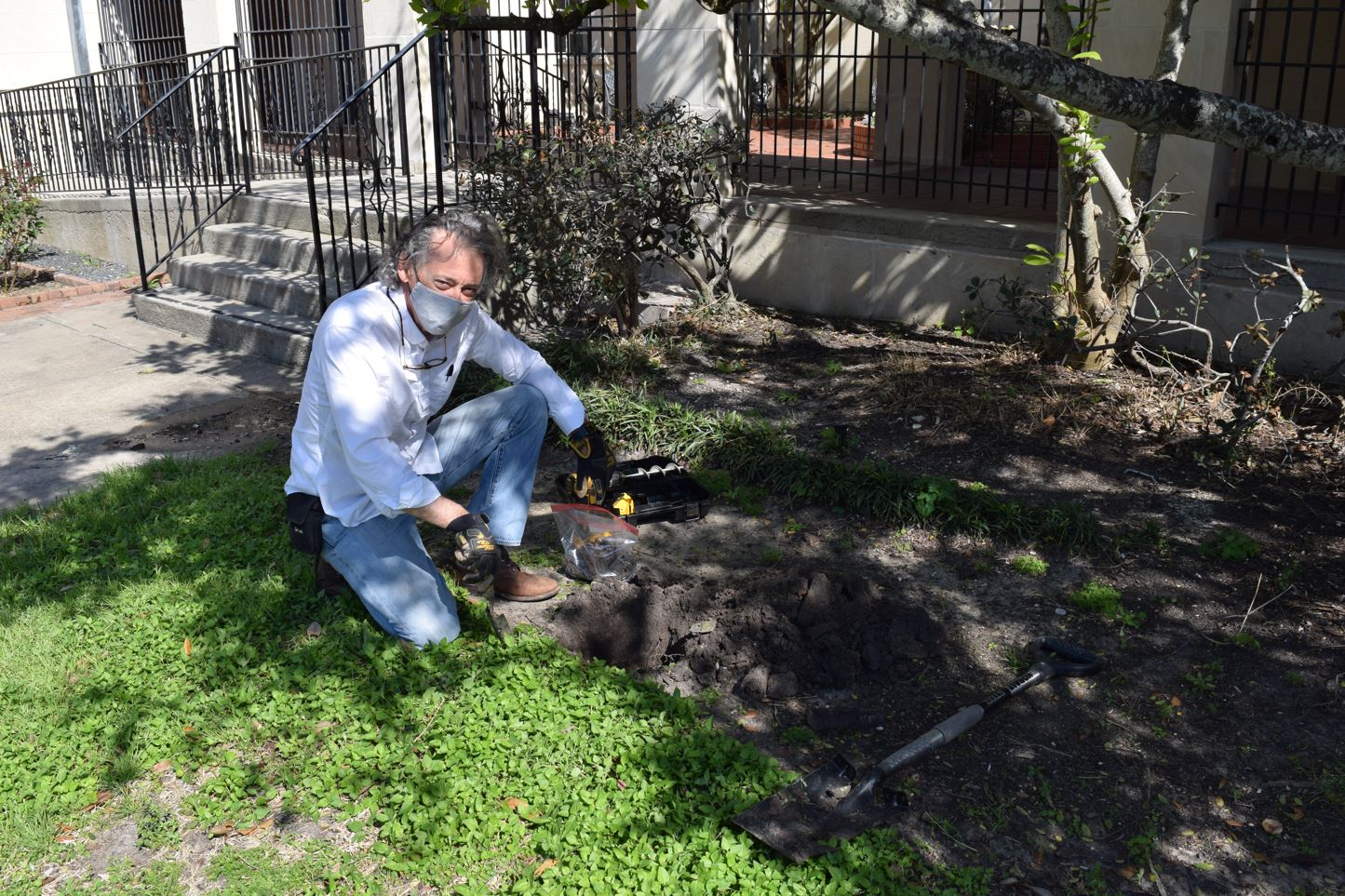
Researchers examined how to measure and enhance the resilience of historic houses of worship against hurricane damage. Informed by summary vulnerability assessments of nine case-study structures, the team developed a “Resilience Roadmap” and kit of tools. Philadelphia-based nonprofit Partners for Sacred Places was a key project collaborator.
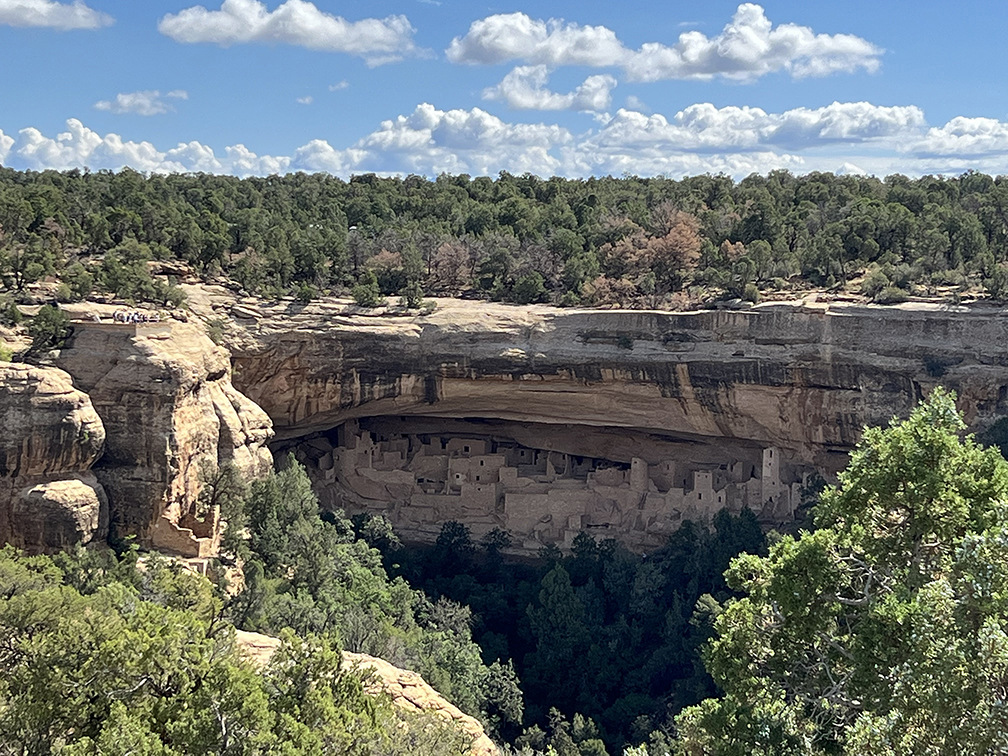
CCS faculty and staff have launched a four-year structural investigation in the Cliff Palace alcove of Mesa Verde National Park in Colorado. The structures, which date to the 13th century, have been a UNESCO World Heritage Site since 1978.
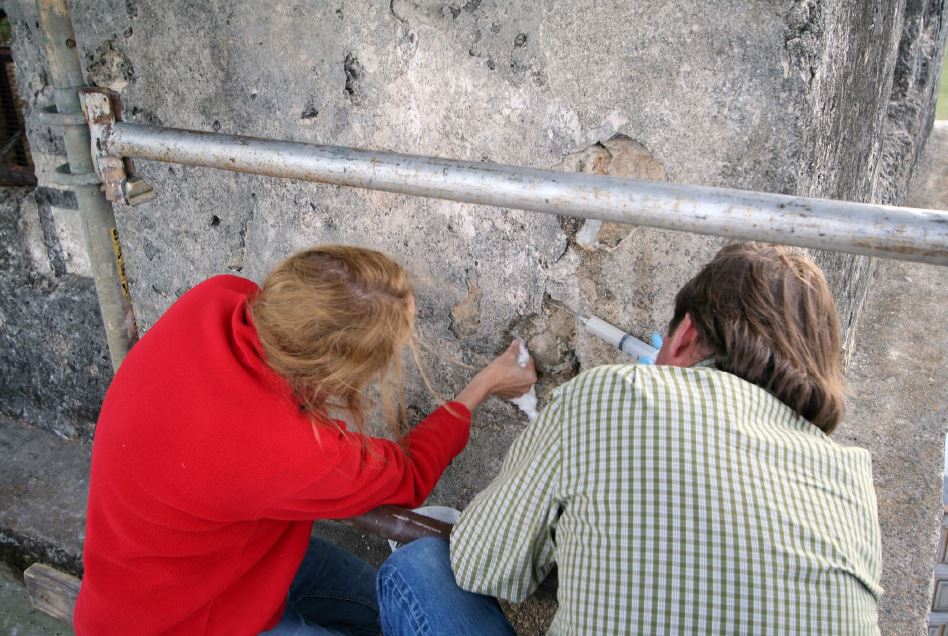
Guidance for leadership charged with caring for San Antonio Missions National Historical Park. The report was shaped in part by a 2021 symposium featuring experts from academia, government, and the private sector.
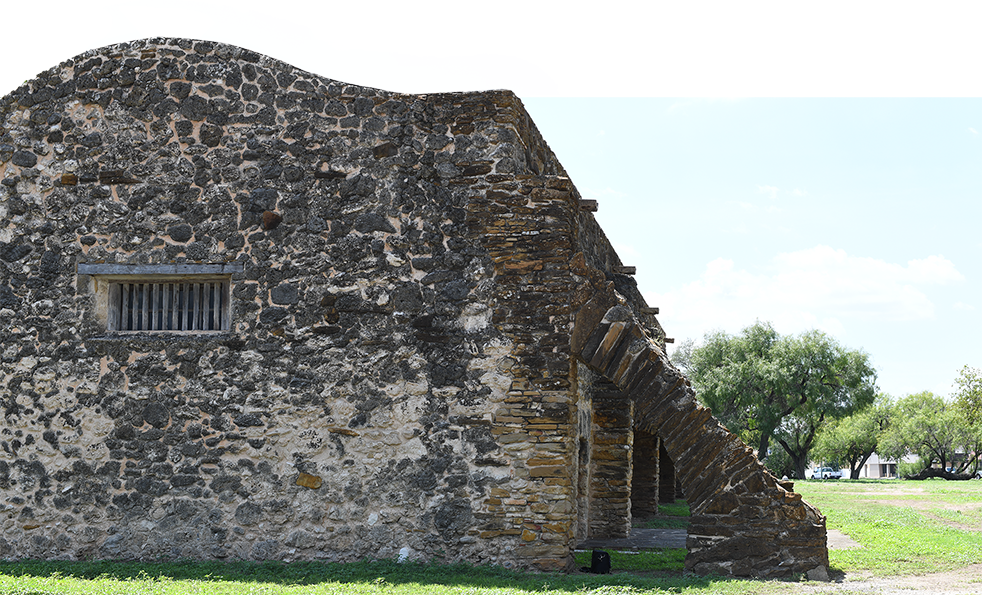
UTSA-CCS researchers are studying the architectural chronology and assessing conditions of the Mission San José Granary, with an eye toward making recommendations for its continued care.
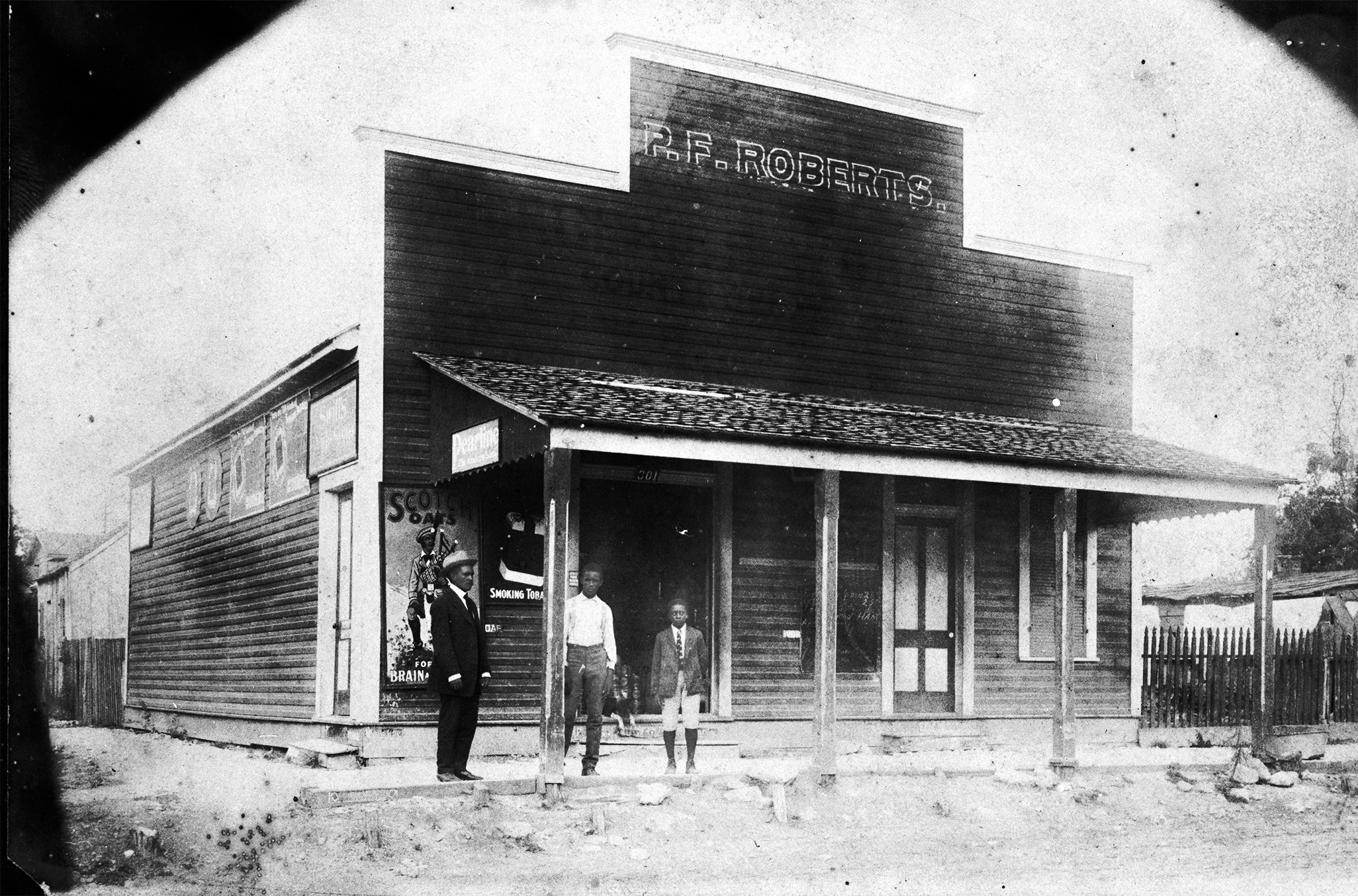
Working with faculty from UTSA’s African American Studies Program, CCS researchers achieved landmark status for the P.F. Roberts Store, formerly at 301 Victoria St. (now César E. Chávez Blvd.). On this site stood one of the city’s first African American owned businesses (pictured above, image courtesy of UTSA Special Collections).
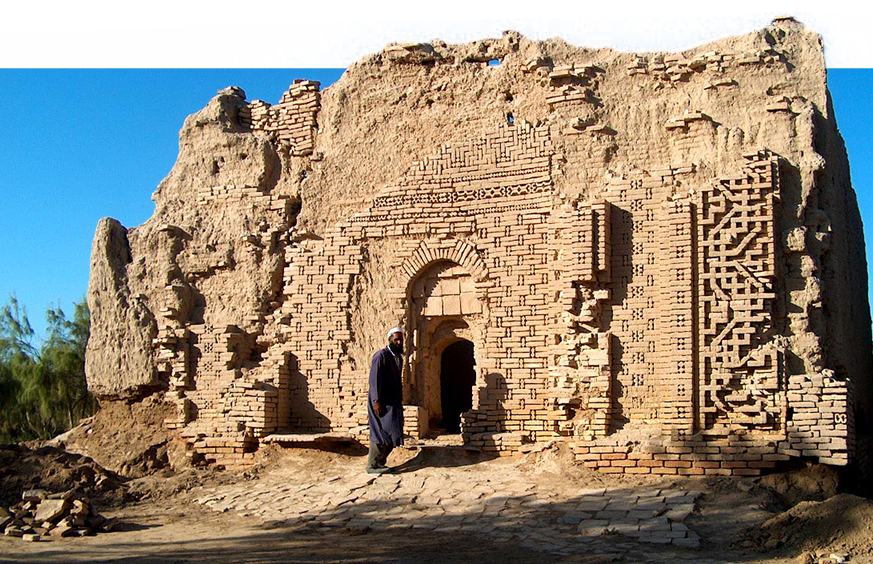
Consultation on preservation and partial restoration of the 12th-century mausoleum is part of Ancient Merv Historical Park in Turkmenistan, a UNESCO World Heritage site. U.S. Department of State, Ambassadors Fund for Cultural Preservation.
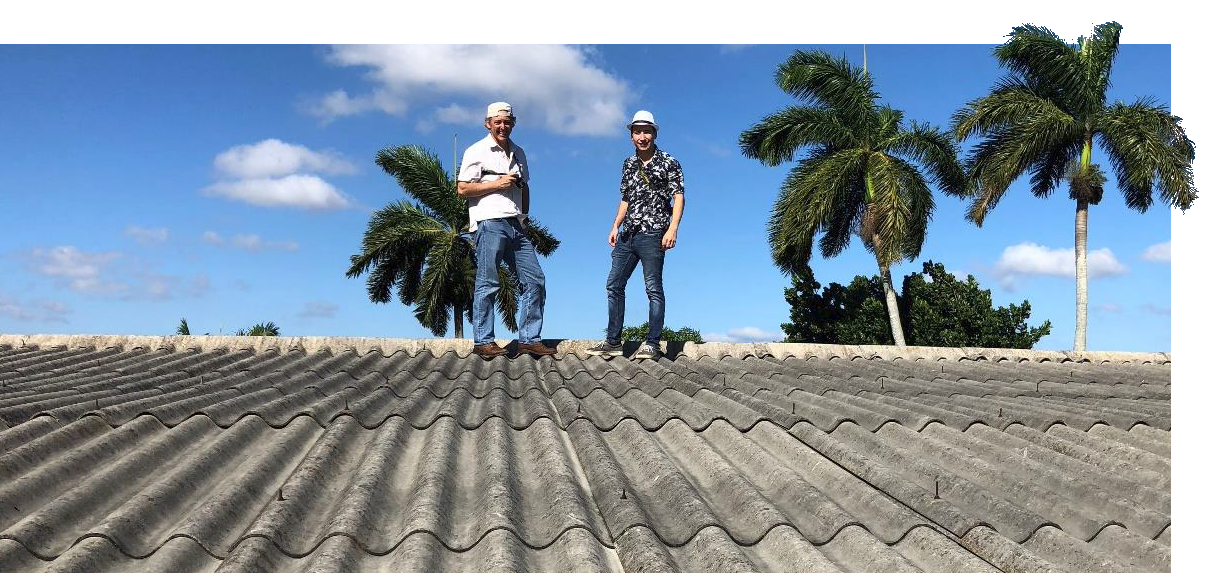
William Dupont, leads a team of consulting experts in support of Cuban preservation work at Finca Vigía in Havana, Ernest Hemingway’s home for the final 22 years of his life. Project work commenced in 2005 and is ongoing.
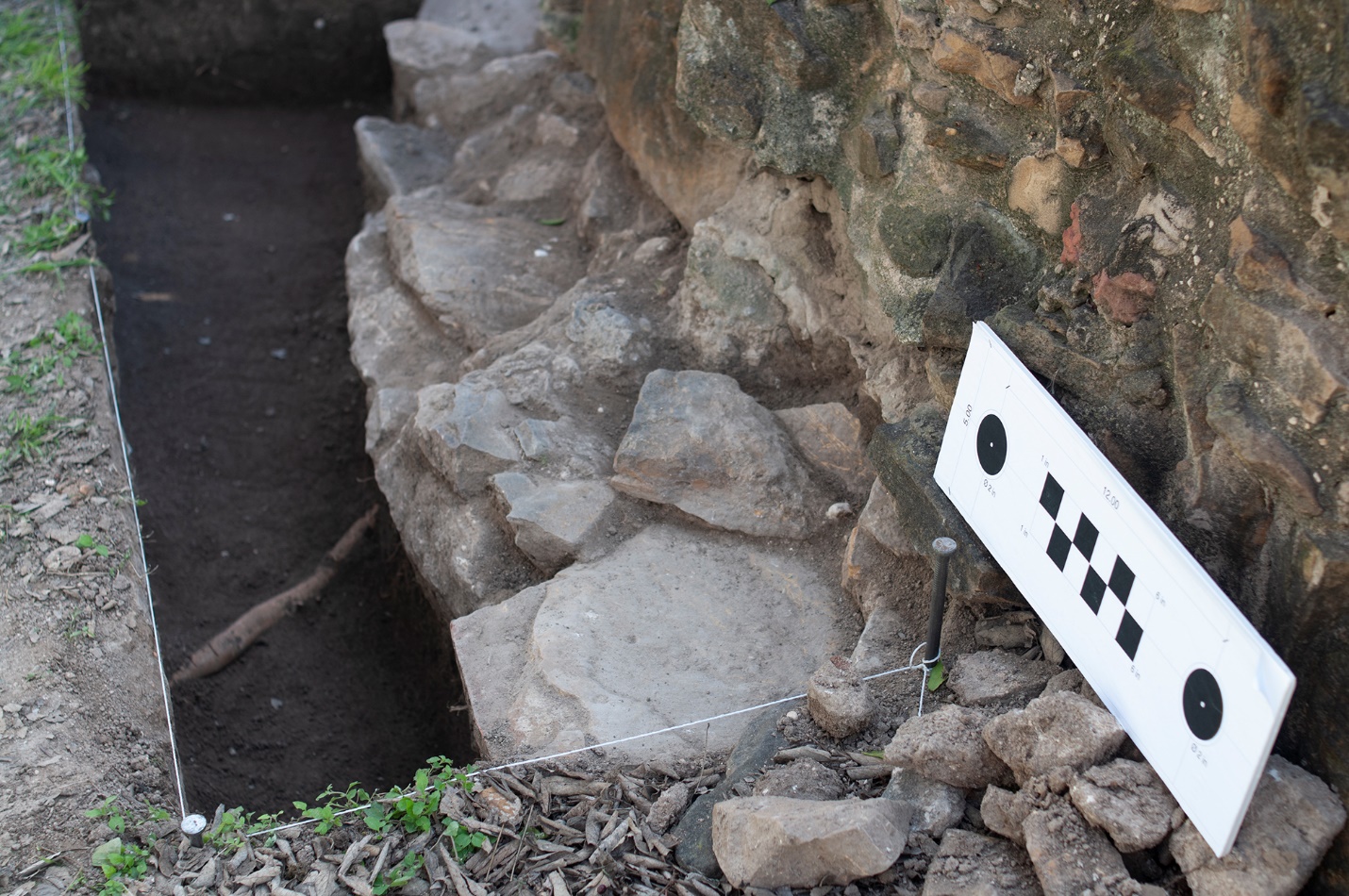
The CCS teamed with UTSA’s Center for Archaeological Research to investigate the history of the gate along Mission Espada’s north wall. The report includes treatment recommendations for long-term conservation of the north wall, which has been leaning precipitously for many years.
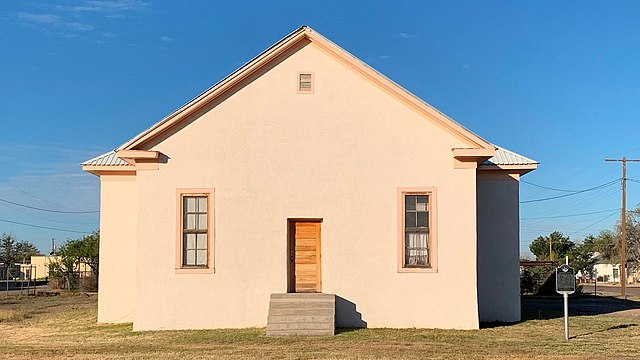
Historic Structure including condition assessment and treatment recommendations for the Blackwell School, an early 20th century adobe building that was the place of segregated education for the Mexican-American population in Marfa, Texas, until its closure in 1965.
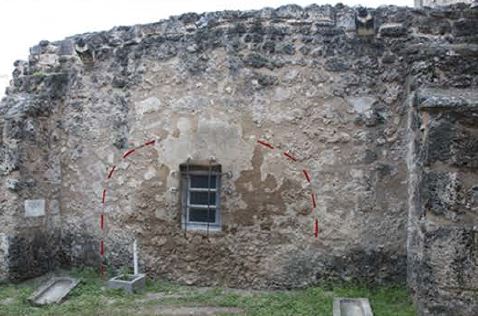
The Historic Structure Report for Mission Concepción offers condition assessment and treatment recommendations for the 18th-century convento structure. Photogrammetry used by the UTSA team is providing a never-before-seen level of detail in documentation of the building.
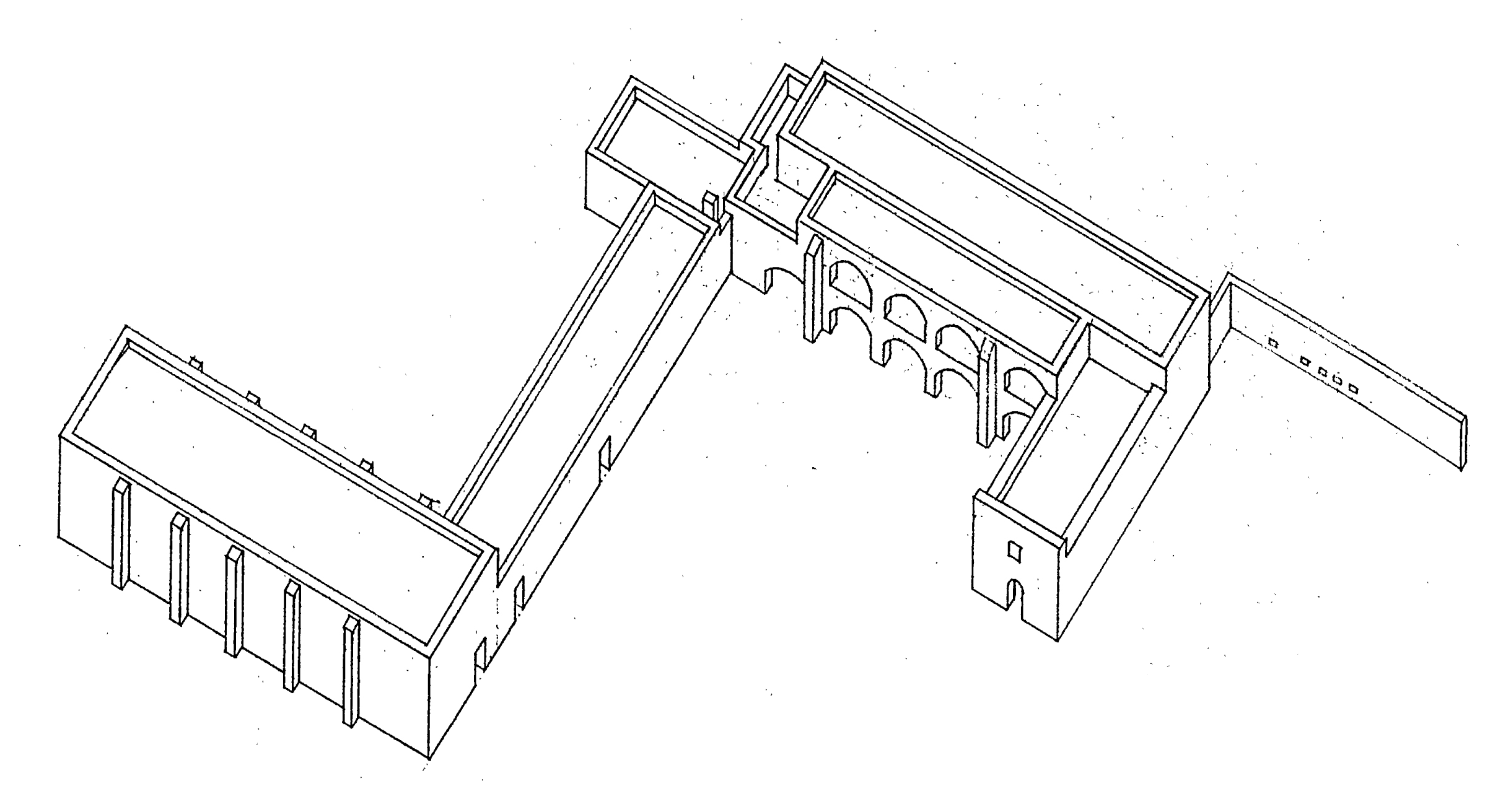
Center staff edited and completed for the San Antonio Missions National Historical Park a 500-page architectural history of the city’s five missions. The report’s original author, James E. Ivey, retired from the Park Service prior to the document’s completion.
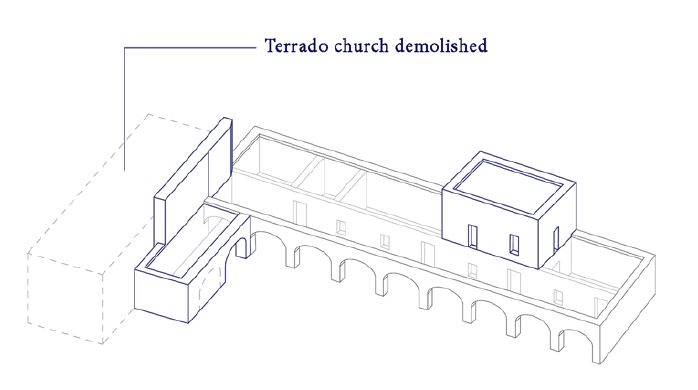
Employing state-of-the-art photogrammetry software and color-coded mapping protocols, CCS researchers have crafted the most detailed survey to-date of the convento structure at Mission San José. The location of every visible crack, every patch of deteriorating brick, etc., was recorded.
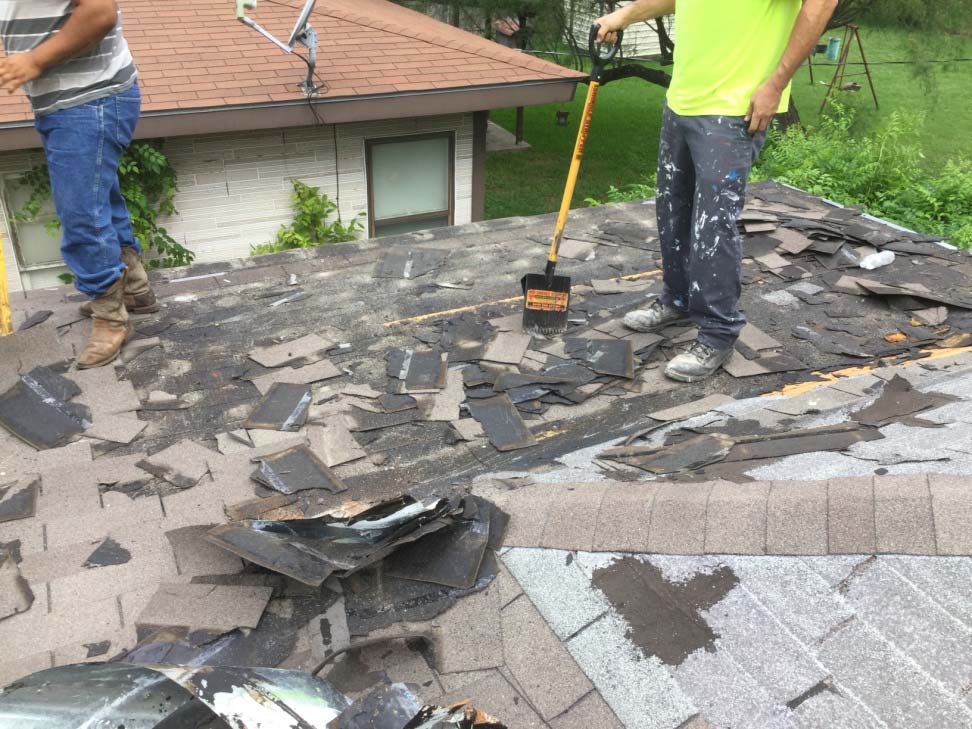
Dr. Hazem Rashed-Ali and Professor William Dupont evaluate how changing a home's roof color from dark to light can impact energy efficiency. Results from the project's initial phase, which analyzed 30 homes in San Antonio's District 1.
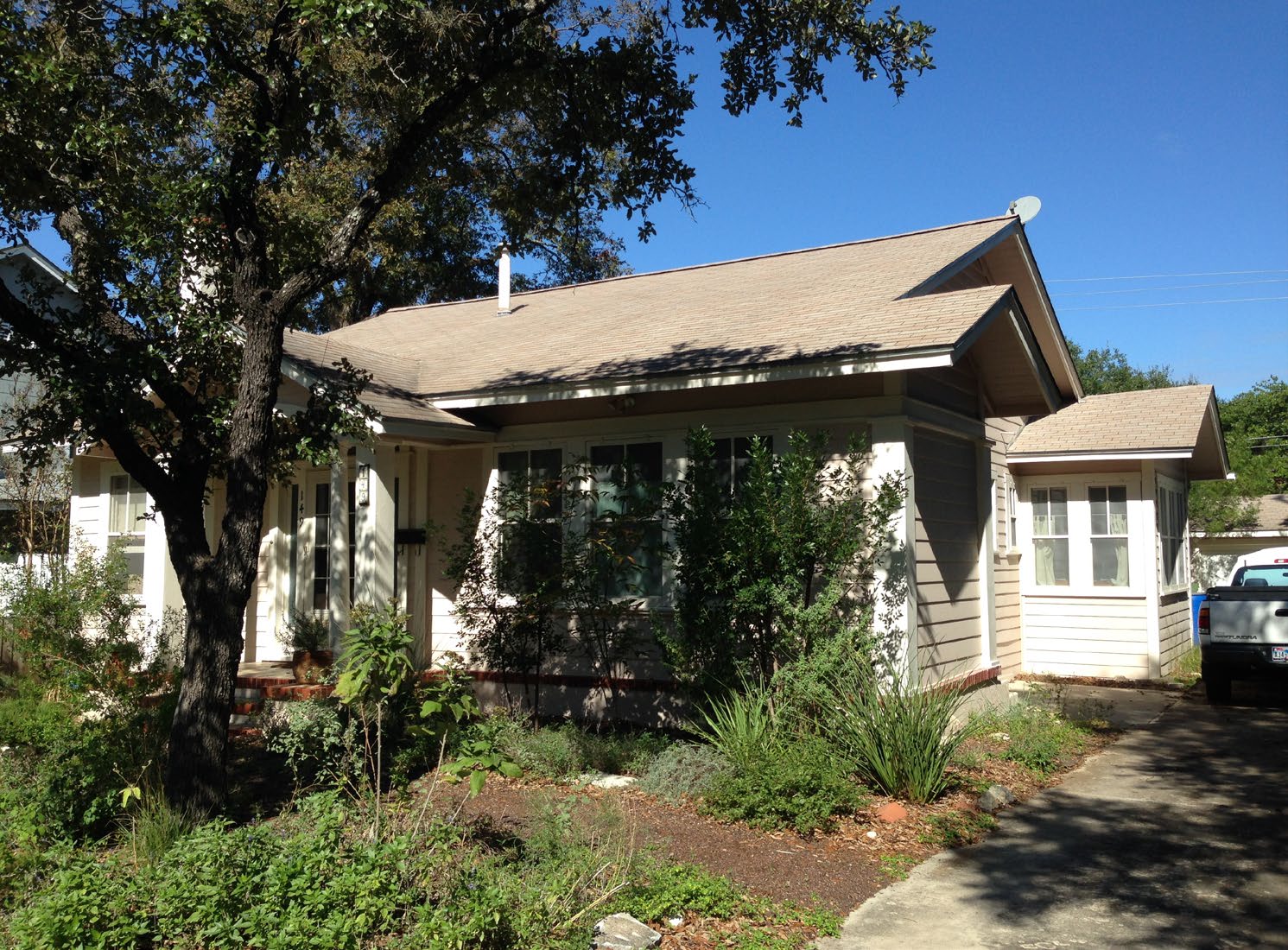
The research team analyzed the energy-use impact and cost-effectiveness of one home-improvement project—installation of a radiant barrier—in small, historic, single-family homes located in hot-humid climates. A radiant barrier is a highly reflective film fitted into a house’s attic. It cannot be seen from the exterior of the house. A user-friendly summary here.
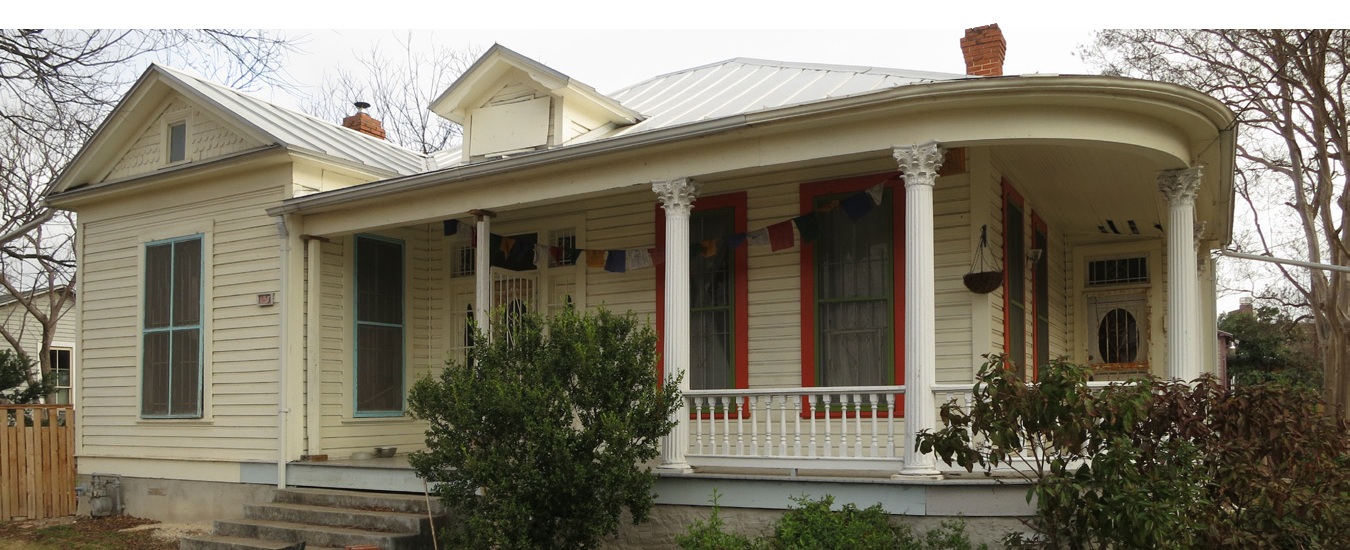
The Center compared outcomes for a number of home-improvement projects, prioritizing which ones would most effectively result in greater energy-efficiency of historic homes in hot-humid climates.
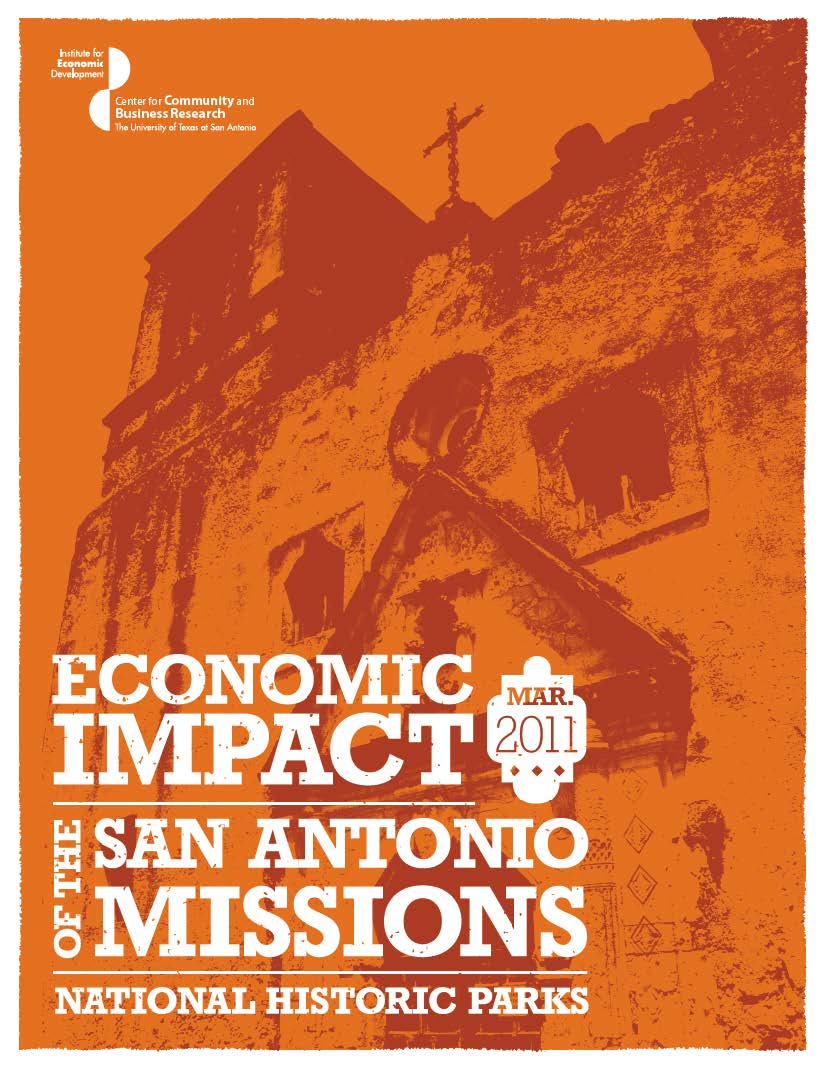
With funds from National Parks Conservation Association and working with the Harbinger Consulting Group, the CCBR engaged the Center for Cultural Sustainability to consult on report content and write a section on the value of World Heritage Designation.
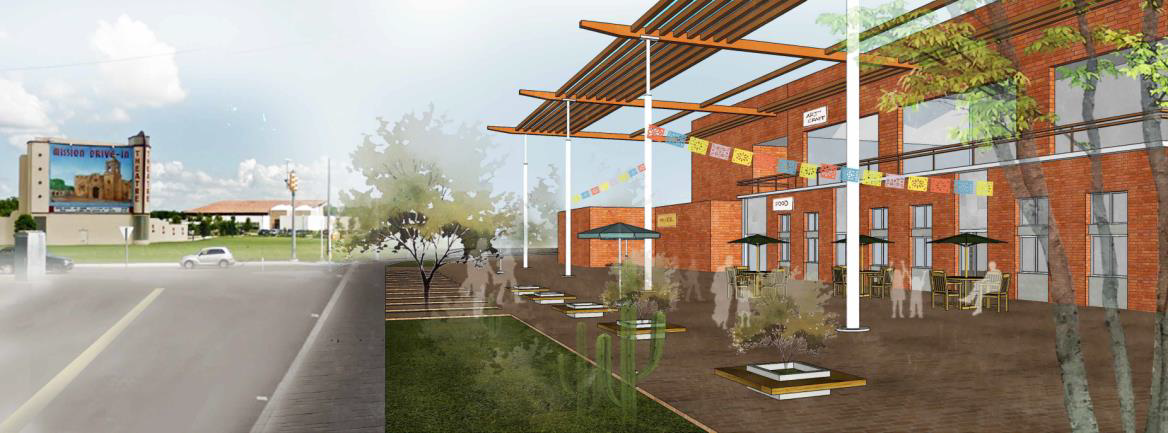
The CCS teamed with UTSA's Institute for Economic Development to examine the potential for appropriate development in San Antonio's Mission Historic District.
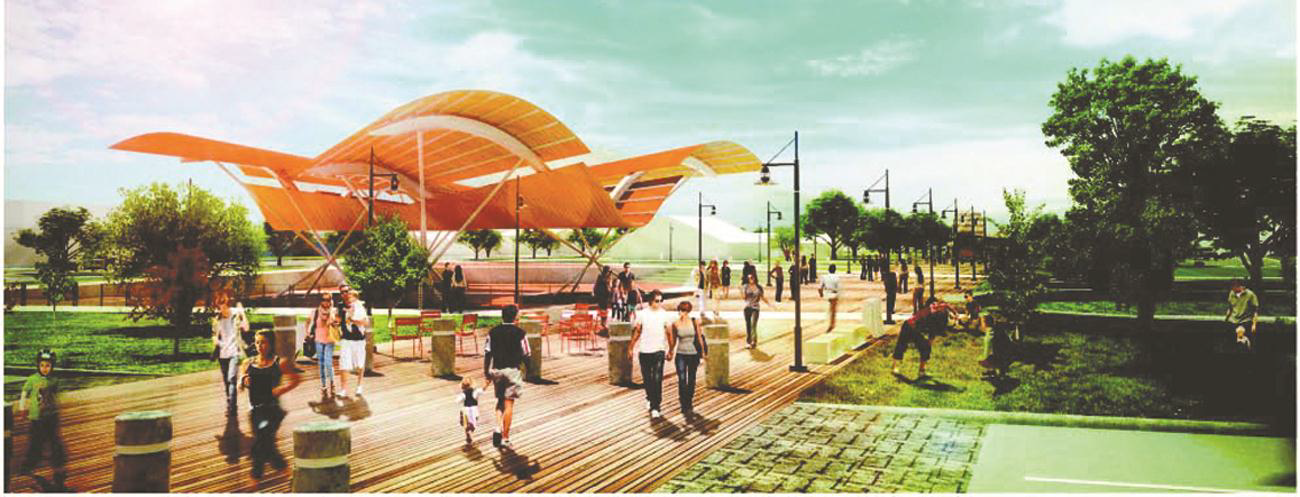
Dr. Sedef Doganer analyzes the potential for opportunity that comes from sustainable tourism. A summary of the piece is here and the original article can be found here.
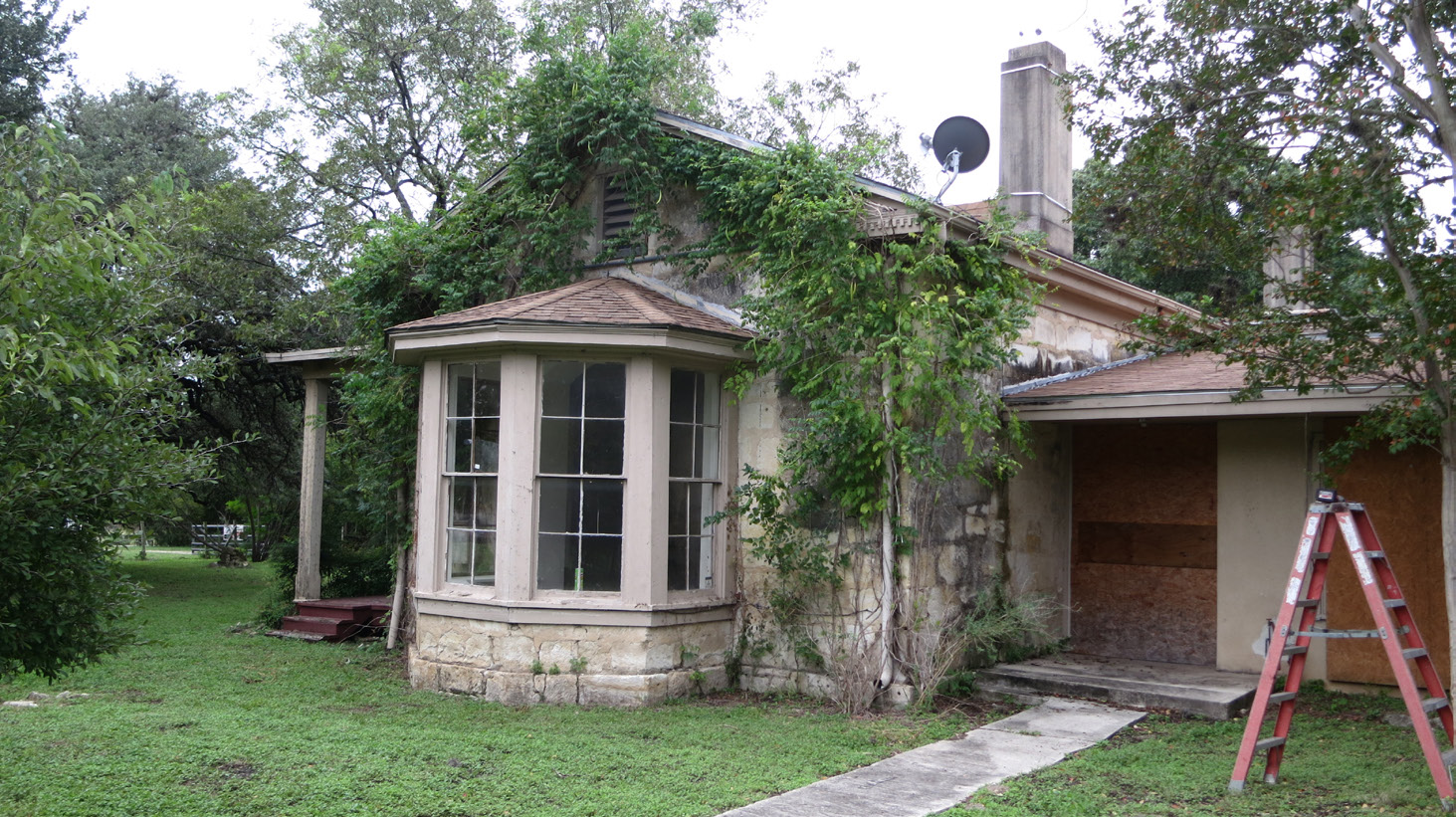
The Center has researched the history and provided a condition assessment of the Perrin Homestead, an 1875 farmhouse in northeast San Antonio.
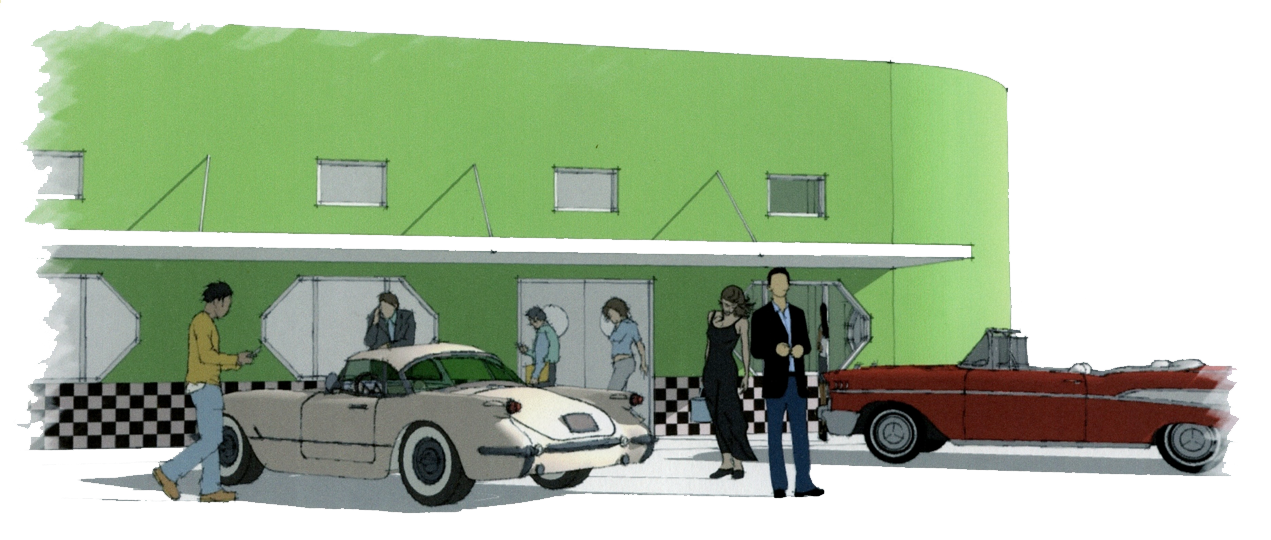
The Center has prepared business feasibility plan in coordination with efforts to restore and transform Lerm'as Nite Club—the oldest live Conjunto music venue—into a cultural service site in San Antonio.
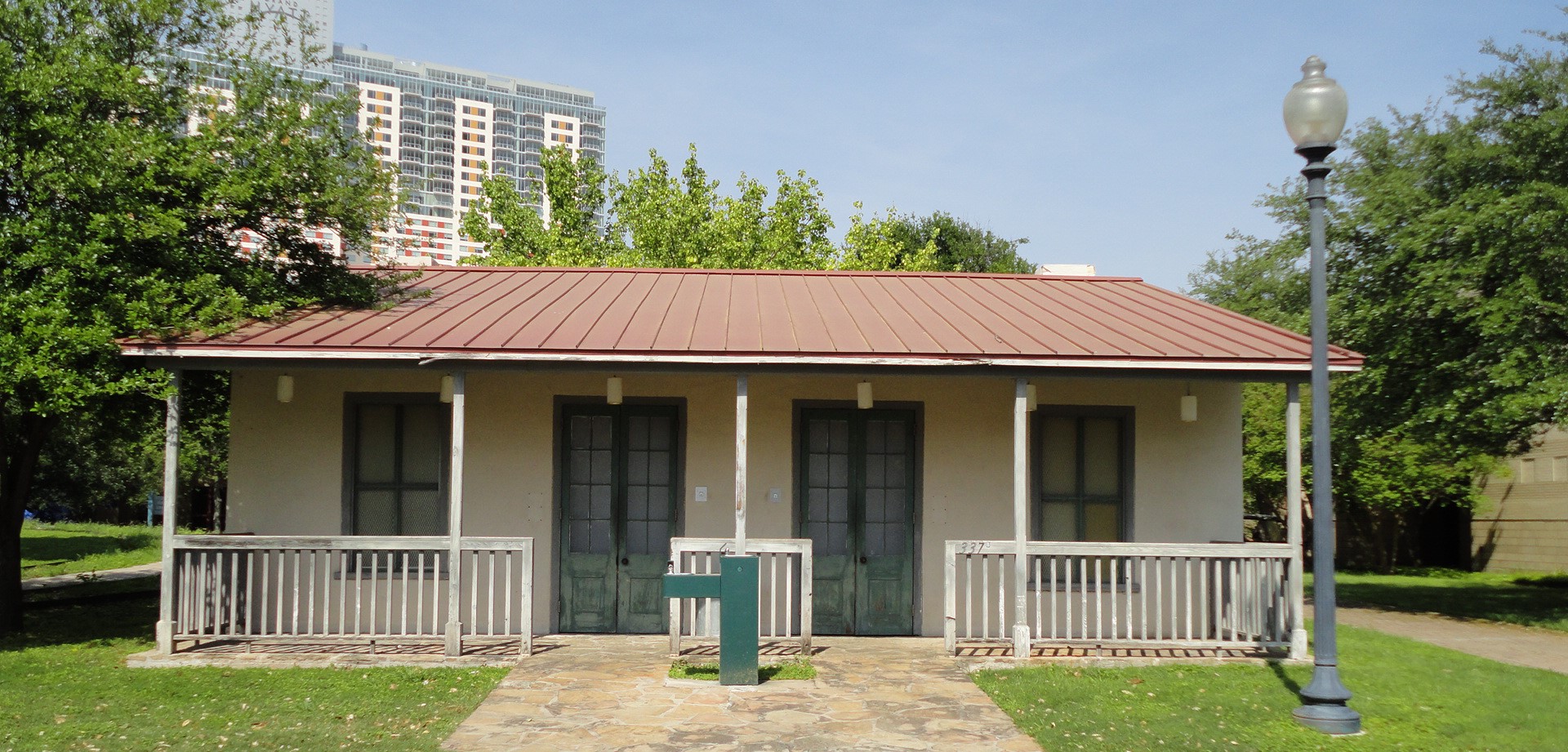
Inventory, Assessment and Evaluation of Historic Resources in HemisFair Park, a residential neighborhood that was heavily redeveloped for a World’s Fair in 1968. The report pioneers use of topical maps to illustrate conditions, and includes recommendations that respect the cultural heritage of San Antonio.
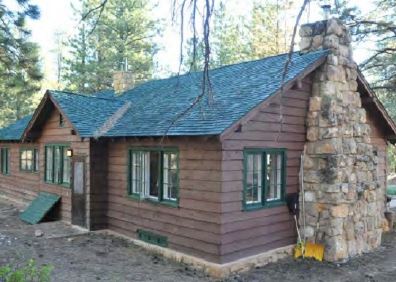
The Center developed a Historic Structure Report for Bryce Canyon National Park's “NPS Old Housing Historic District,” which includes eight historic cabins listed on the National Register of Historic Places.
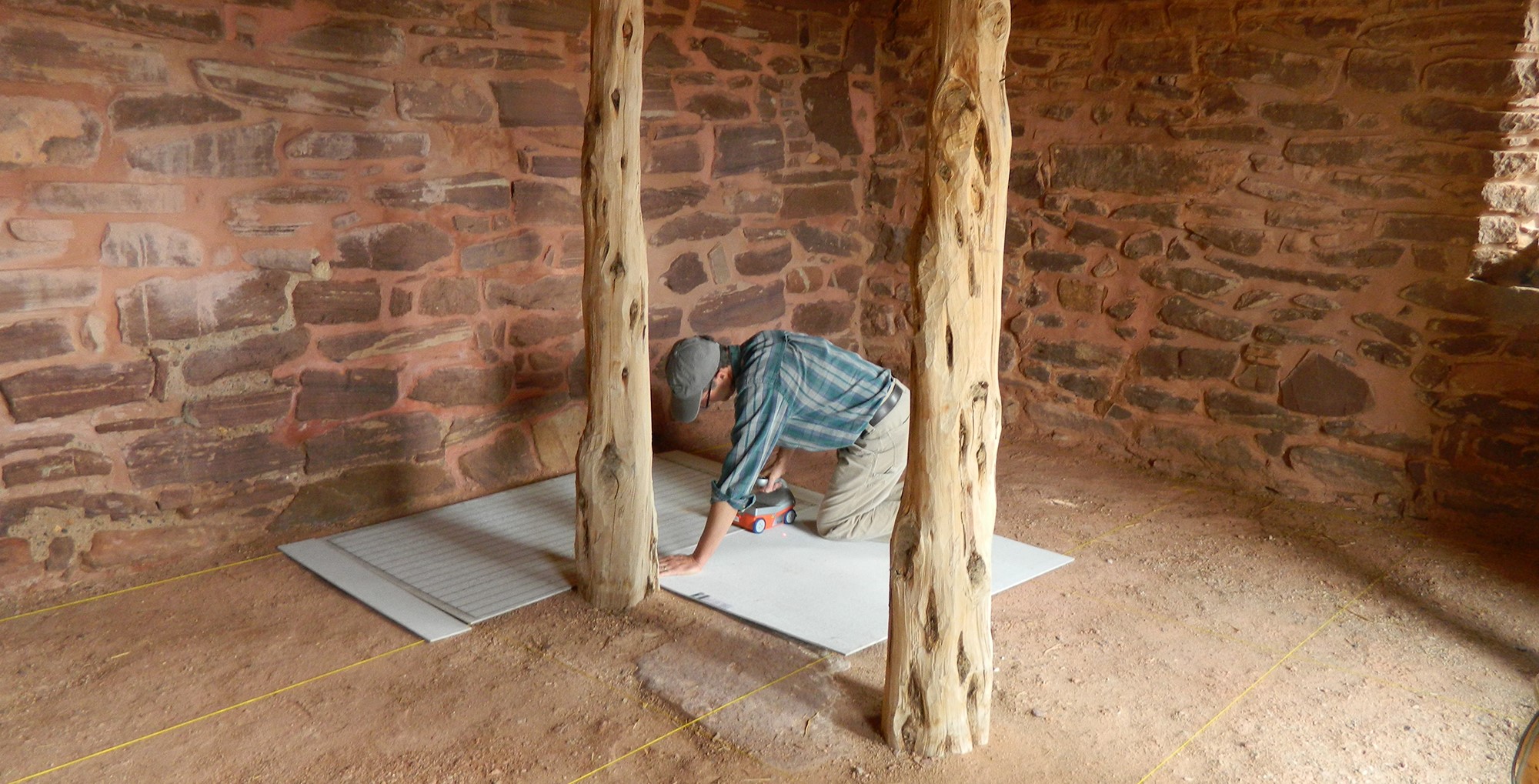
The Center used remote sensing to analyze potential archaeological resources at Pipe Spring National Monument and to provide educational opportunities for NPS staff, college students, and tribal members in the art, techniques, and use of remote sensing technology for managing cultural resources.
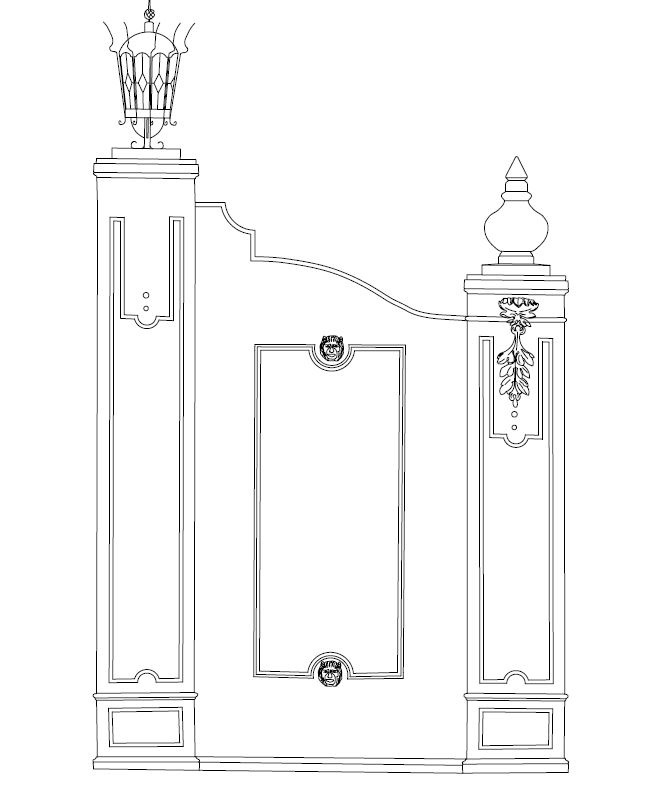
This project consists of documentation of the Miraflores Park gate and surrounding masonry wall, as well as technical advice on stabilization and preservation procedures.



Mission